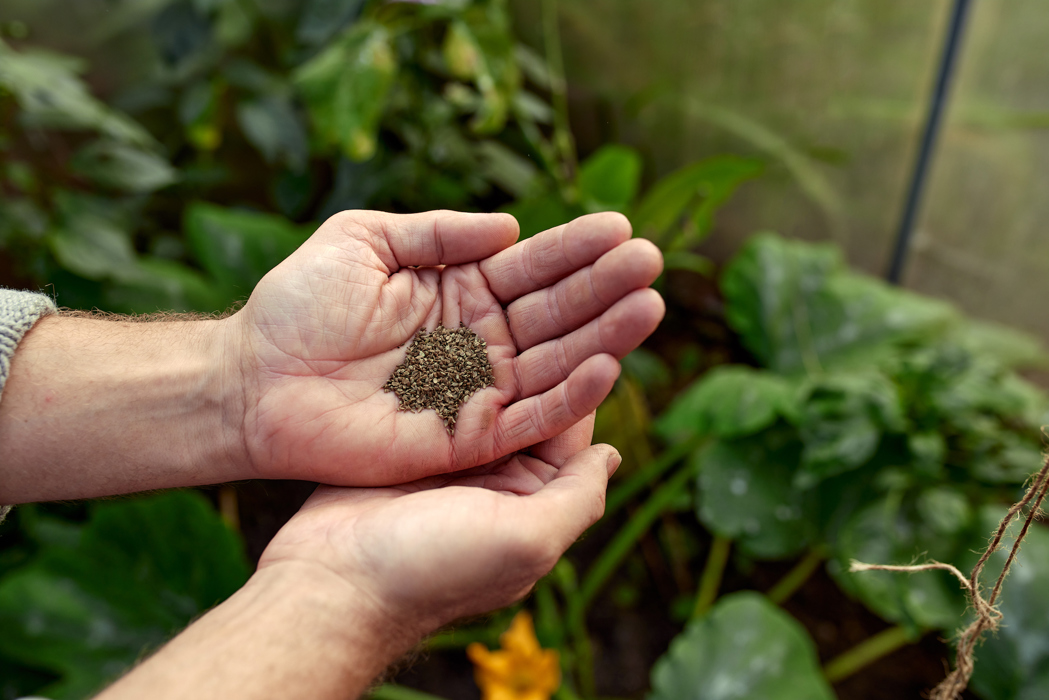
Can companies take the long view on sustainability progress?
We shared some of our biggest dilemmas for the first time in Nutreco’s 2018 Sustainability Report. In the years since, this has been the section of our report that elicits the most comments and questions from readers. We’re glad we have sparked conversation about these issues.
It’s important to us to bring our challenges into the light as we work toward our RoadMap 2025. We call them “dilemmas” because there is no easy fixand resolving them often involves working across many layers of the value chain. We believe candid discussions around these dilemmas is the first step in tackling them together and moving forward as an industry.
